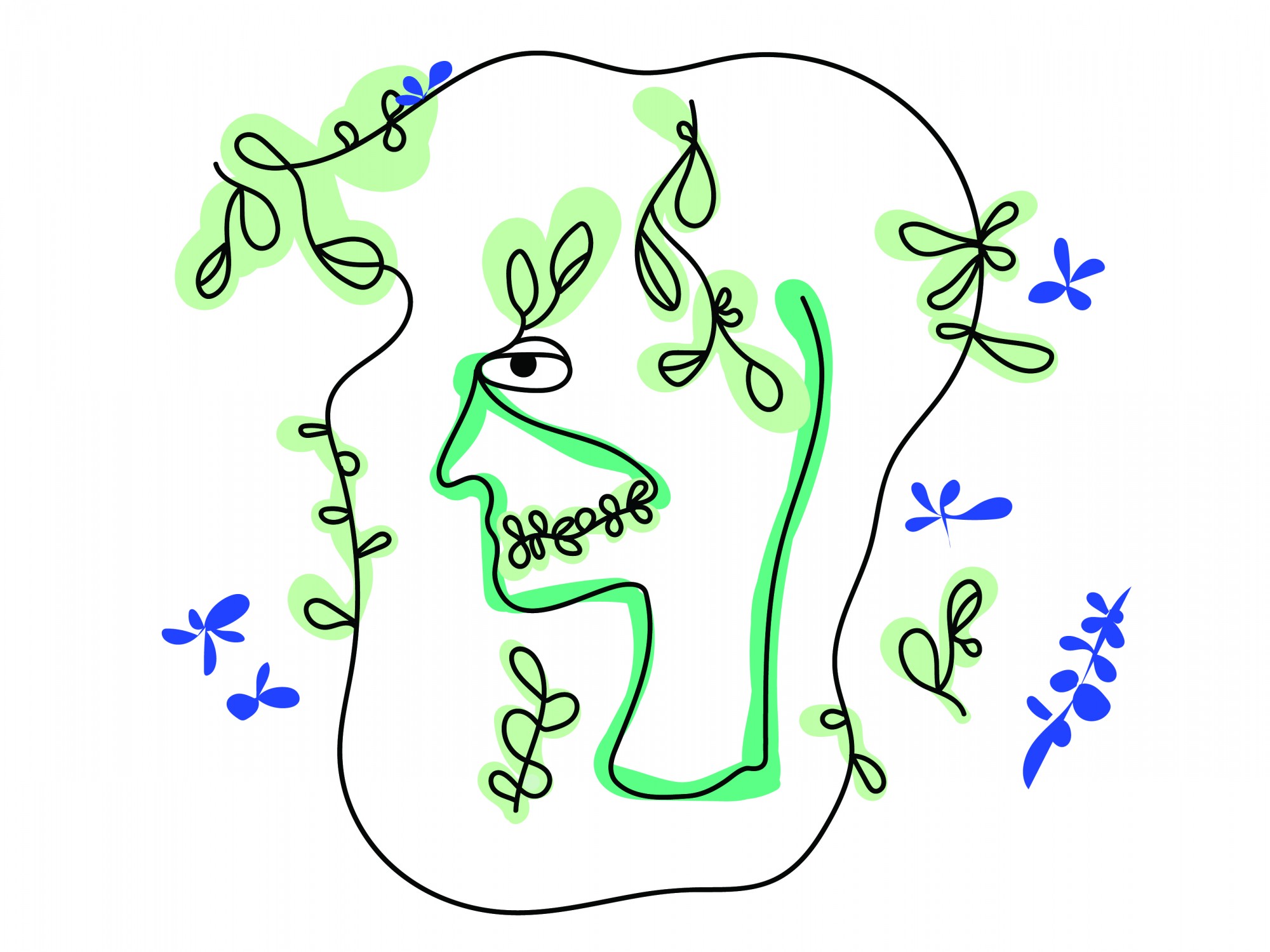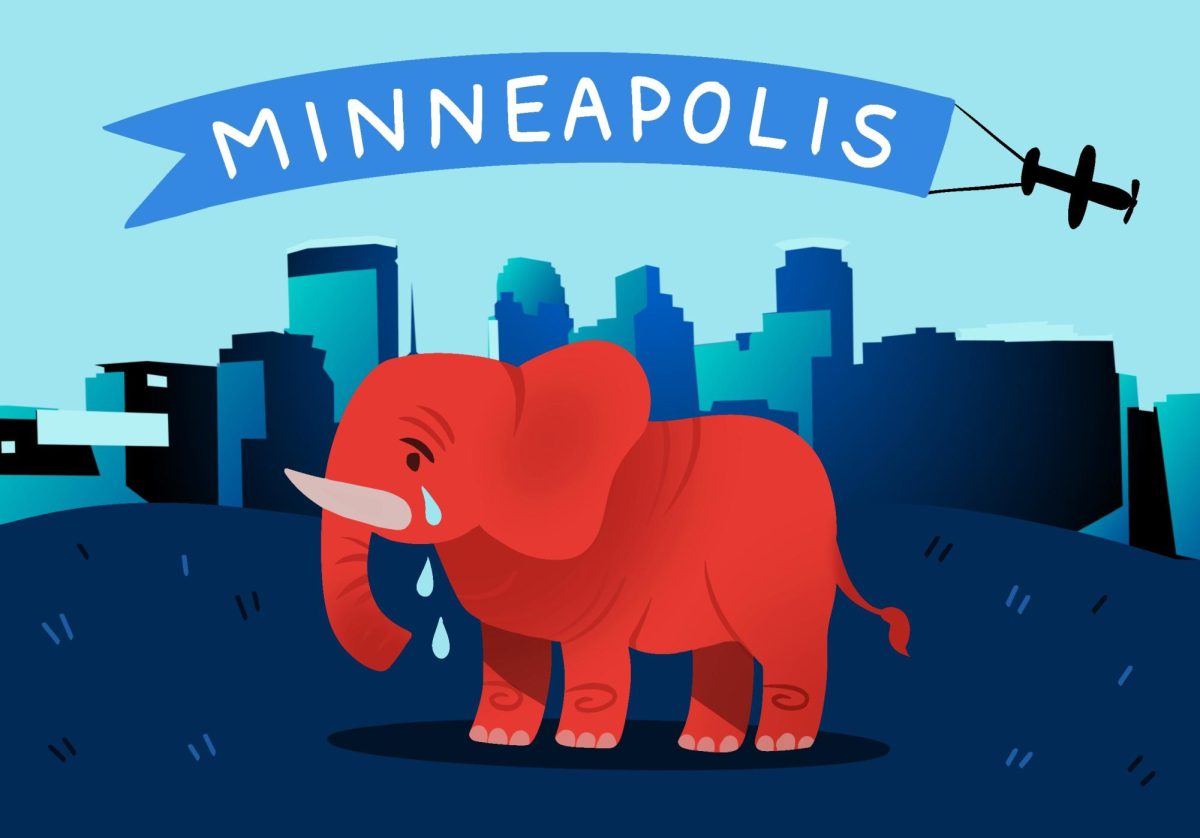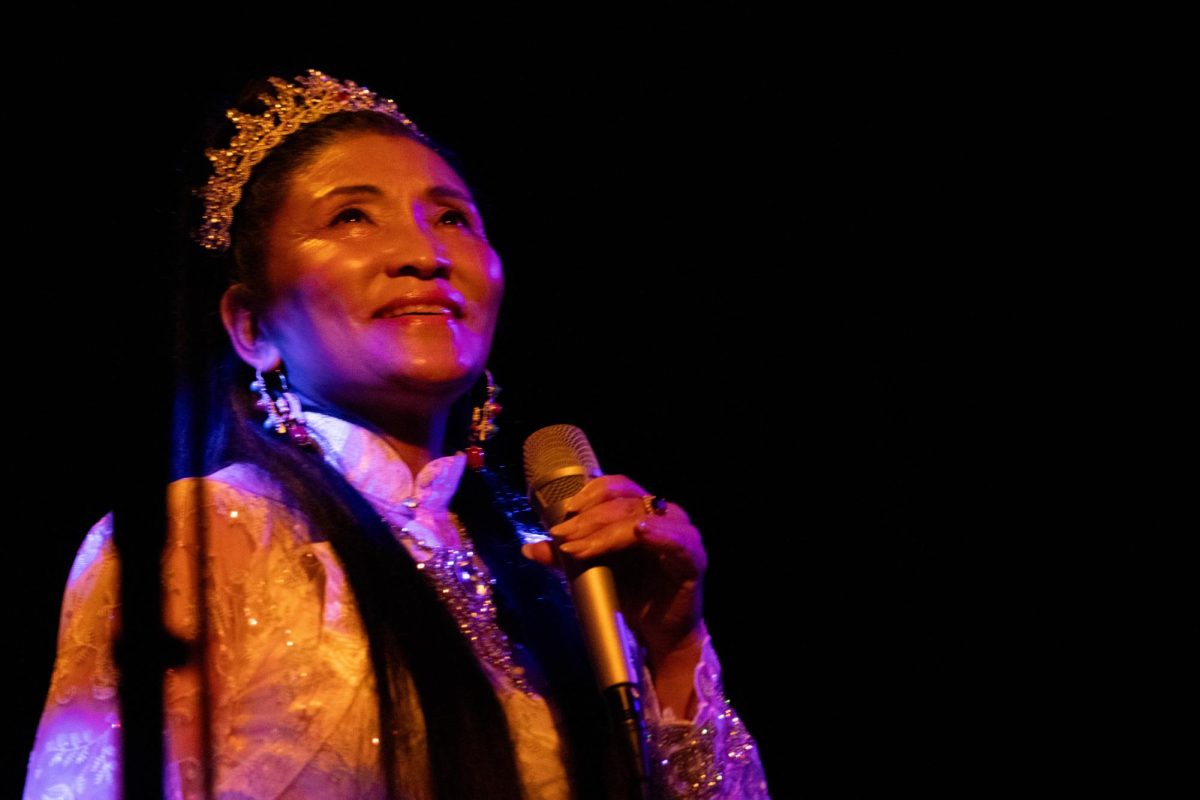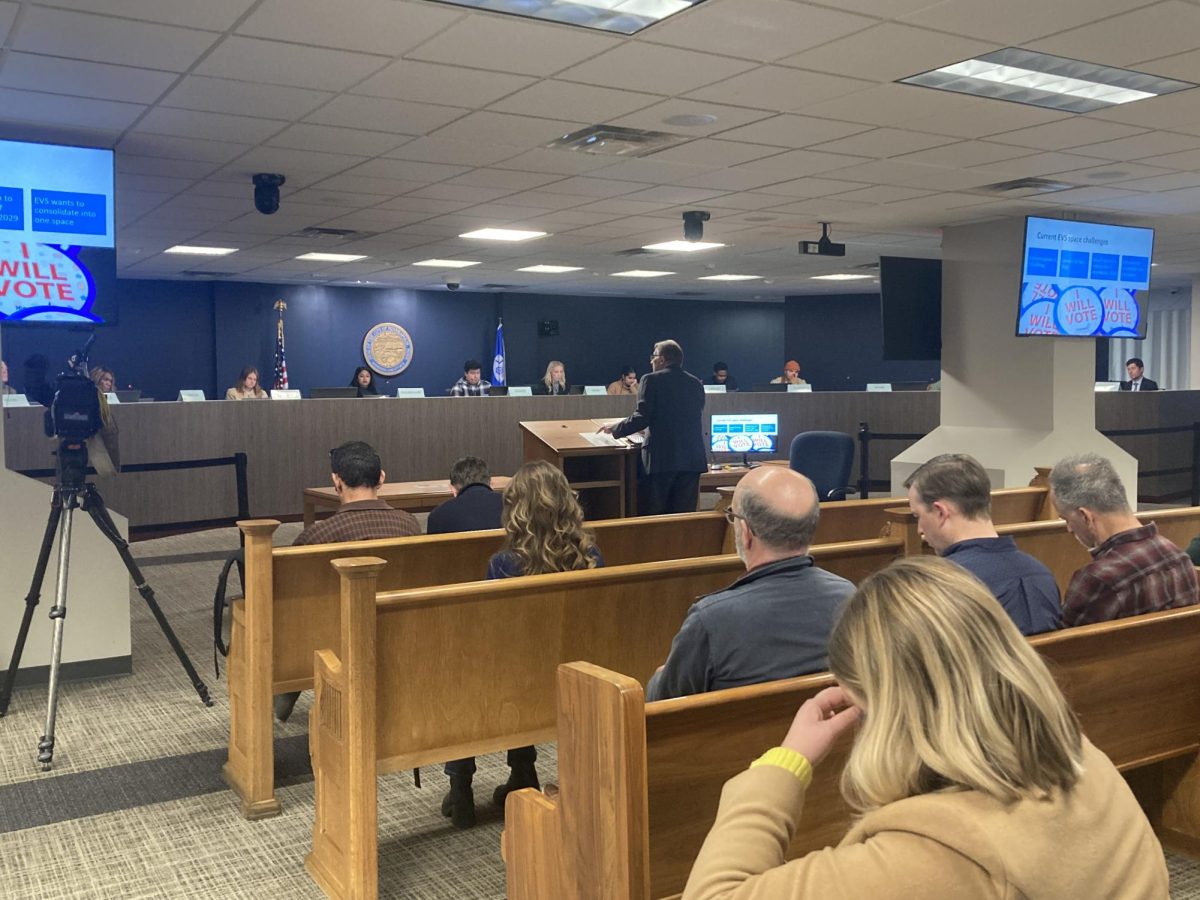The University of Minnesota began offering its first American Indian Public Health and Wellness Certificate this semester.
The certificate provides information about Native American tribes across the country and state, from tribal laws to the health issues that tribes experience disproportionately. The program, offered through the School of Public Health, examines how laws and health protocols within tribes differ from state public health services.
“[It’s] basically a lack of knowledge and services provided for the first Americans,” said Linda Frizzell, the certificate director and an assistant professor in the School of Public Health.
Native Americans are often left out of conversations due to a lack of protocol, she said.
“People use the excuse, ‘oh, well, we don’t know’ … just humble yourself and ask. People are reluctant to do that. The state of Minnesota was [reluctant] back in the mid-90s,” Frizzell said.
Frizzell created this certificate by using her 28 years of experience in this area. No textbooks offer the information this course teaches because there’s no central historian that documents everything Native Americans have fought for, she said.
“You find that people that work outside of Indian country oftentimes don’t know what the reality is, so one of the courses offers a basic overview of American Indians and the country post-colonization,” Frizzell said.
This includes a focus on Dakota tribal nations because the University campus occupies Dakota land.
“Sadly, as I sit here today, the health status of American Indians continues to decline,” she said.
There are health services provided to the state, but the programs aren’t applicable to Native Americans, Frizzell said. Without the public health model tribes created, it would have been hard for many Native Americans to survive, she said.
Certain diseases and health issues are also more common for Native Americans, such as diabetes and heart disease, said Tadd Johnson, the University’s tribal liaison. This is because many tribes became reliant on processed foods from the U.S. Department of Agriculture on reservations, he said.
“Tribes today are reclaiming their diets, trying to get back to eating more of their traditional foods and growing more of their traditional foods,” Johnson said.
There is a lack of understanding of Native American history and the relationship between the tribes and the state, he said. Many people don’t realize that Native American tribes are governments.
“People don’t understand tribal governments; they don’t understand Indian people,” Johnson said. “They don’t know that if a tribal elder has specific spiritual beliefs, and as they’re about to walk on to the next world, there are certain things that they may want done.”
There’s a strong need to train people to respect Native American health systems, particularly in the world of reservations, said School of Public Health Dean John Finnegan.
“There’s really been a renaissance within the [American] Indian communities, and they are really moving toward ways and means of grappling with the challenges that face so many of their members,” Finnegan said.
“So, it’s a different world in the sense that those of us who are in the world of public health are here to build partnerships and collaborate, we’re not here to tell communities what to do.”








